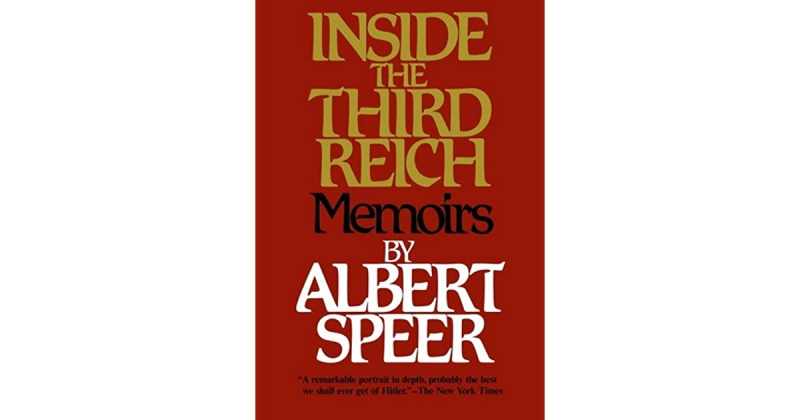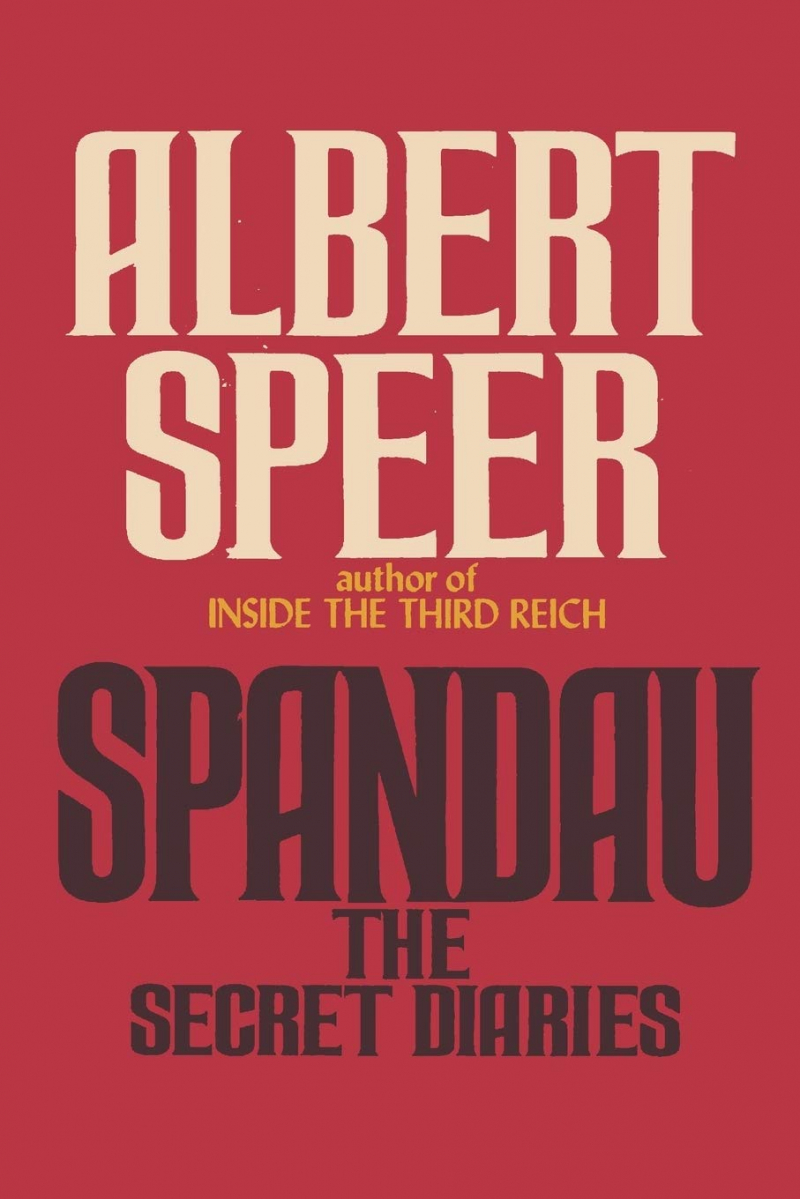Inside the Third Reich and Spandau: The Secret Diaries were both autobiographical works based on his writings while imprisoned
Another interesting fact about Albert Speer is that Inside the Third Reich and Spandau: The Secret Diaries were both autobiographical works based on his writings while imprisoned. It was banned for the convicts to write memoirs. Speer, on the other hand, was able to have his works sent to Wolters, and they finally totaled 20,000 pages. By November 1953, he had finished his memoirs, which constituted the basis for Inside the Third Reich. Speer's goal in Spandau Diaries was to portray himself as a tragic hero who had made a Faustian bargain in exchange for a heavy prison sentence.
Although he indicated that he planned to return to architecture, his lone project, brewery cooperation, was a failure. Instead, he rewrote his Spandau writings and turned them into two autobiographical novels, Inside the Third Reich (in German, Erinnerungen or Reminiscences) and Spandau: The Secret Diaries. He then wrote a book about Himmler and the SS called The Slave State: Heinrich Himmler's Masterplan for SS Supremacy or Infiltration: How Heinrich Himmler Schemed to Build an SS Industrial Empire (in German, Der Sklavenstaat - Meine Auseinandersetzung mit der SS). Joachim Fest and Wolf Jobst Siedler of the publishing house Ullstein assisted Speer in shaping the works.









